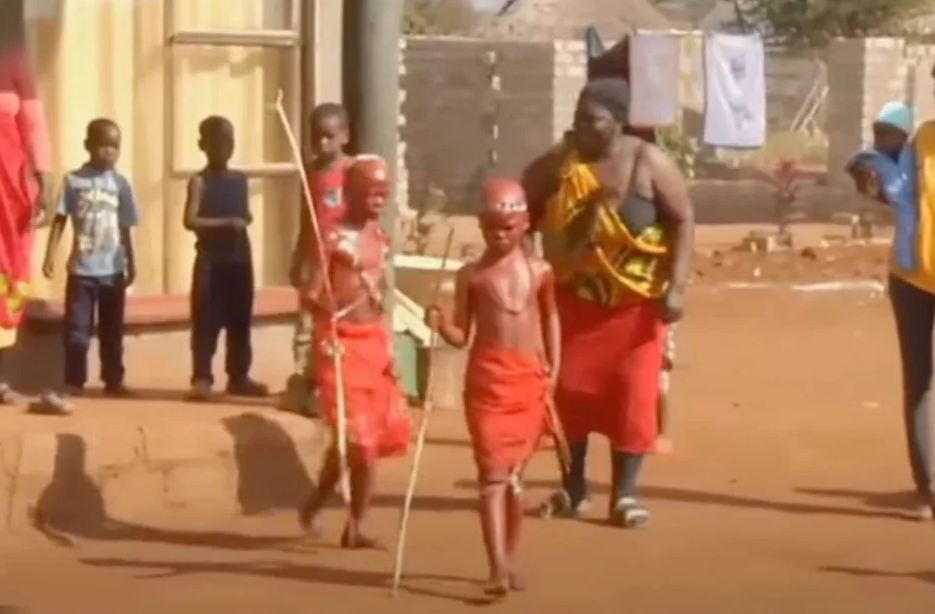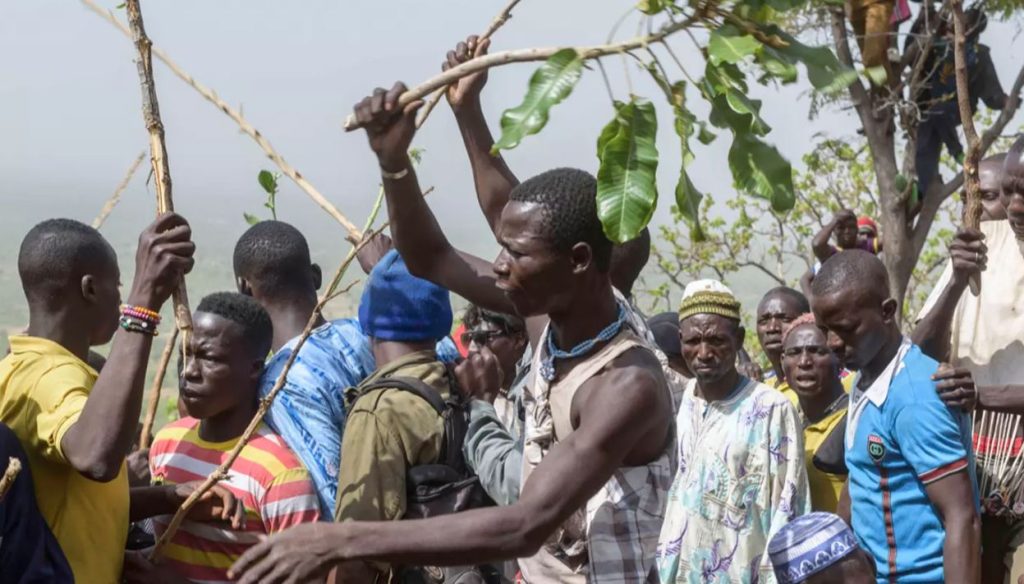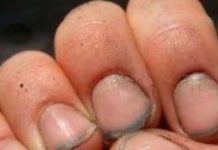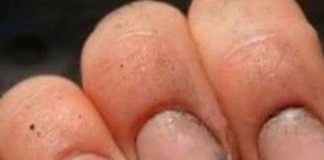In the summer of 2025, a traditional Xhosa rite of passage known as Ulwaluko once again ended in tragedy. 39 boys died, and dozens were severely injured or mutilated, during the ceremony marking the transition from boyhood to manhood
Legacy of Risk: Rising Fatalities Over the Years
Over the past five years, Ulwaluko has claimed the lives of approximately 361 young men, with 94 deaths and 11 amputations recorded in the 2024 season alone. Experts attribute a drop in deaths in 2025 to stricter government oversight, though calls for safer practices continue to intensify.

What Is Ulwaluko?
Ulwaluko is a longstanding circumcision ritual practiced primarily by the Xhosa people, often in remote “initiation schools” hidden away from communities. Boys are initiated into manhood through physical rituals that extend over several weeks, including seclusion, teachings about cultural values, and surgical circumcision by traditional surgeons, or ingcibi. Failure to undergo the ceremony often results in social ostracism. Those labeled “inkwenkwe” (“boy”) are excluded from tribal meetings and certain community rights, reinforcing strong peer pressure to participate,
The Dangers: Illegal Schools and Botched Procedures
Most fatalities in recent years have been linked to illegal initiation schools, run by untrained individuals offering circumcisions for profit. According to ActionSA Eastern Cape chairperson Athol Trollip, “the bulk of the deaths occur because of illegal initiation schools run by opportunistic, inexperienced, unqualified, and unsupervised individuals”. Victims commonly suffer from dehydration, infection, gangrene, and sepsis. Some schools reportedly restrict water after the procedure to prevent urination, exacerbating these risks. In extreme cases, boys have suffered amputation or death.
Government Response: Regulation & Reform
South African officials continue pushing for reform. Minister Velenkosini Hlabisa, overseeing Cooperative Governance and Traditional Affairs, pledged to close down any initiation school that violates laws and endangers youth, aiming for zero fatalities in registered schools in 2025. Under the Customary Initiation Act, all schools must register and traditional surgeons must be qualified. Unregistered schools face shutdown and legal consequences. Authorities aim to halve the number of illegal operations—from 429 in 2025 to less by 2029.
Cultural Significance vs. Health Risks
For many, Ulwaluko holds deep spiritual and social value as a sacred tradition rooted in cultural heritage. Former Archbishop Desmond Tutu urged that the ritual be preserved—but in partnership with medical professionals to ensure safety. Yet critics maintain that misguided enforcement and exploitation by illegal operators have transformed an ancient rite into a health crisis. Some families report paying large sums for illegal initiation ceremonies, only to face kidnapping threats or violence when refusing to cooperate.
Moving Forward: Possible Solutions
Partnerships with medical professionals: Collaborating with healthcare workers to supervise or safely perform the procedure. Registered initiation schools only: Ensuring all institutions comply with regulations. Seasonal reform: Shifting the ritual away from hot summer months to reduce dehydration-related deaths.

Why This Matters
Ulwaluko remains a profoundly meaningful tradition for many communities. However, persistent fatal outcomes highlight a critical tension: the need to respect cultural rites while ensuring young men’s safety and dignity. The story resonates wider as it raises broader questions on how societies uphold traditional rituals while confronting modern public health imperatives.

















